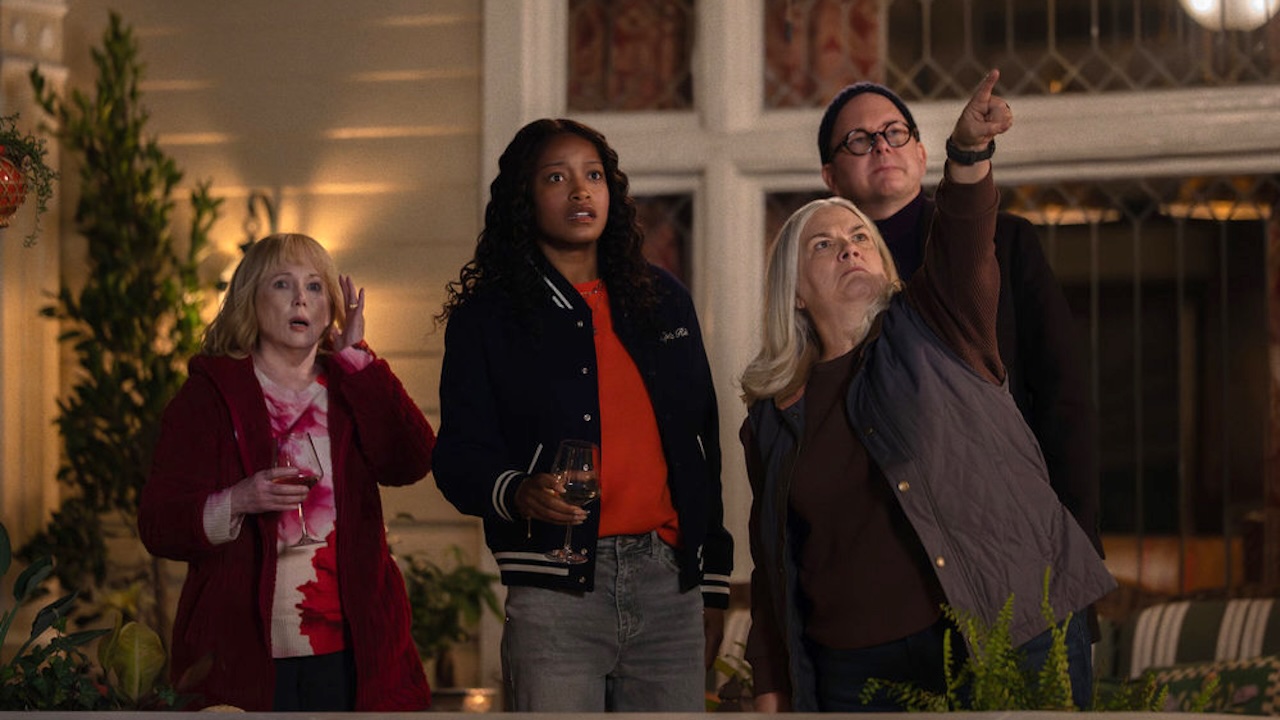The Last Of Us: 5 Ways HBO Show's Penultimate Ep Made David's Group Story Better Than The Video Game
Another stellar episode from HBO's The Last of Us leading up to the finale.
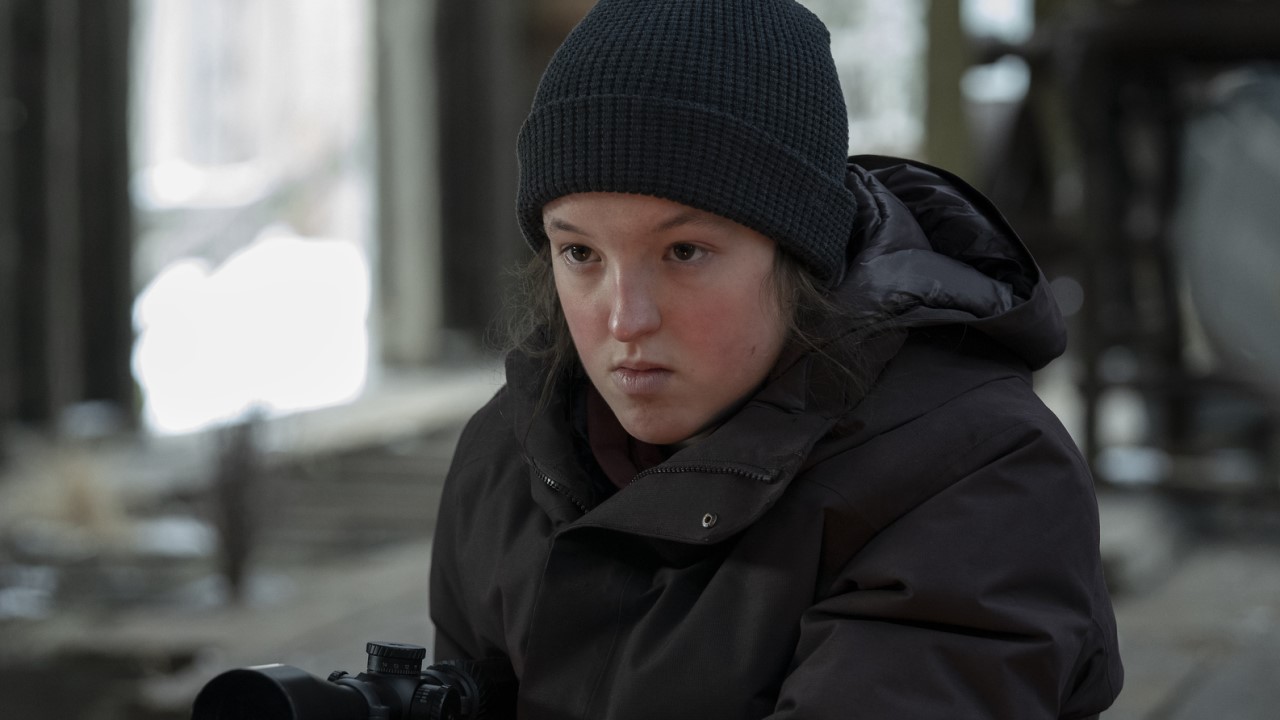
Your Daily Blend of Entertainment News
You are now subscribed
Your newsletter sign-up was successful
Spoilers below for The Last of Us’ penultimate Season 1 episode, so be warned if you haven’t yet watched!
Watch The Last of Us' Season 1 finale (or stream it with an HBO Max subscription) on Sunday, March 12, at 9:00 p.m. ET!
Wowzers to the nth fullest degree, and a slow, dread-soaked clap for The Last of Us’ creative team for bringing the video game’s most harrowing sequence (at least to yours truly) to live-action with the same level of expertise as the rest of the season. It’s not like I doubted Craig Mazin and Neil Druckmann’s ability to rock HBO viewers’ socks with the horrifying twists and turns that David’s group delivered. But perhaps I didn’t expect it to truly perfect what was already a superbly crafted section of the game, doubling up on Ellie-focused exploration and development after the previous week’s Riley flashbacks. Which just made the effectiveness of “When We Are in Need” all the more impressive. Bella Ramsey fuckin’ rocks. And all without the use of Runners, Clickers, Bloaters and beyond, which just made the effectiveness of “When We Are in Need” all the more impressive. Bella Ramsey fuckin’ rocks.
Here are the five biggest ways I found The Last of Us’ penultimate episode to have improved on the video game’s take on David and his group of largely unwitting and oblivious survivors.
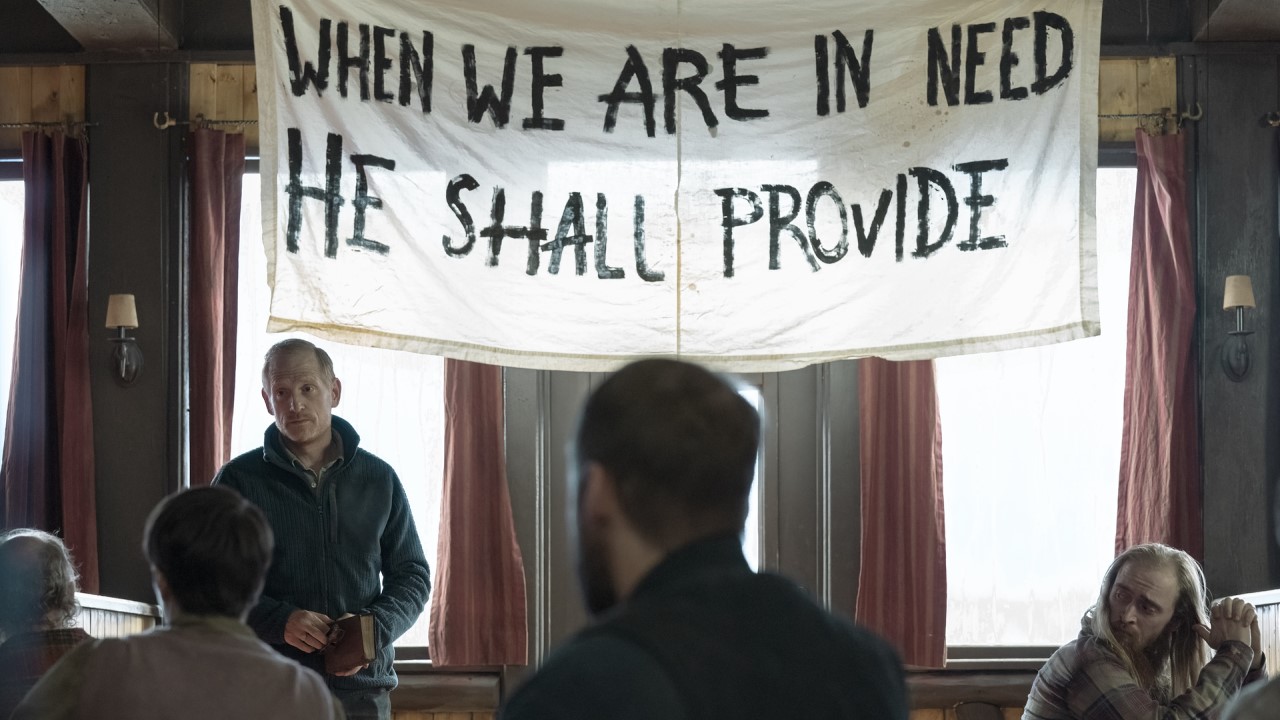
Giving Viewers More Time Just With David's Group
As was already proven with the vast expansion of Bill and Frank’s shared story in Episode 3, among other examples of big change-ups, the Last of Us creative team is seasoned in building upon the game’s narrative in ways that wouldn’t have made sense as a playable medium. And as these installments are wont to do with their opening scenes, “When We Are in Need” immediately begins to eke out sympathy for the group of hungry and mourning survivors within David’s flock. Without being tethered to Joel or Ellie’s perspective, the TV show provided an easier route to understanding Scott Shepherd’s Bible-quoting, child-slapping, people-cooking leader in such a short amount of time, along with those closest to him.
Which isn’t to say the game didn’t nail this well enough, obviously, but there truly just wasn’t as much of a reason to hammer home the idea that spectators would need to sympathize with David’s group, with gamers having a larger innate expectation for new characters to reveal murder-worthy secrets in time. I felt truly terrible for the family of the guy that Joel killed off, not to mention the two grunts that Joel tortured for info about Ellie, despite knowing full well that they were instructed to kill him with vengeance. But I mostly felt bad for all the people living there who were probably 100% innocent of being freak shows and had no idea they were grubbing on people parts.
They, more so than David himself, made this episode one of the best examples of the post-apocalyptic storytelling query: "Who are the real villains in any given situation?" It was obviously an ongoing part of The Walking Dead's various group introductions, some of which were handled better than others. But it would be hard for anyone to walk away from this episode thinking that group deserved to have their joined existence destroyed by Joel and Ellie.
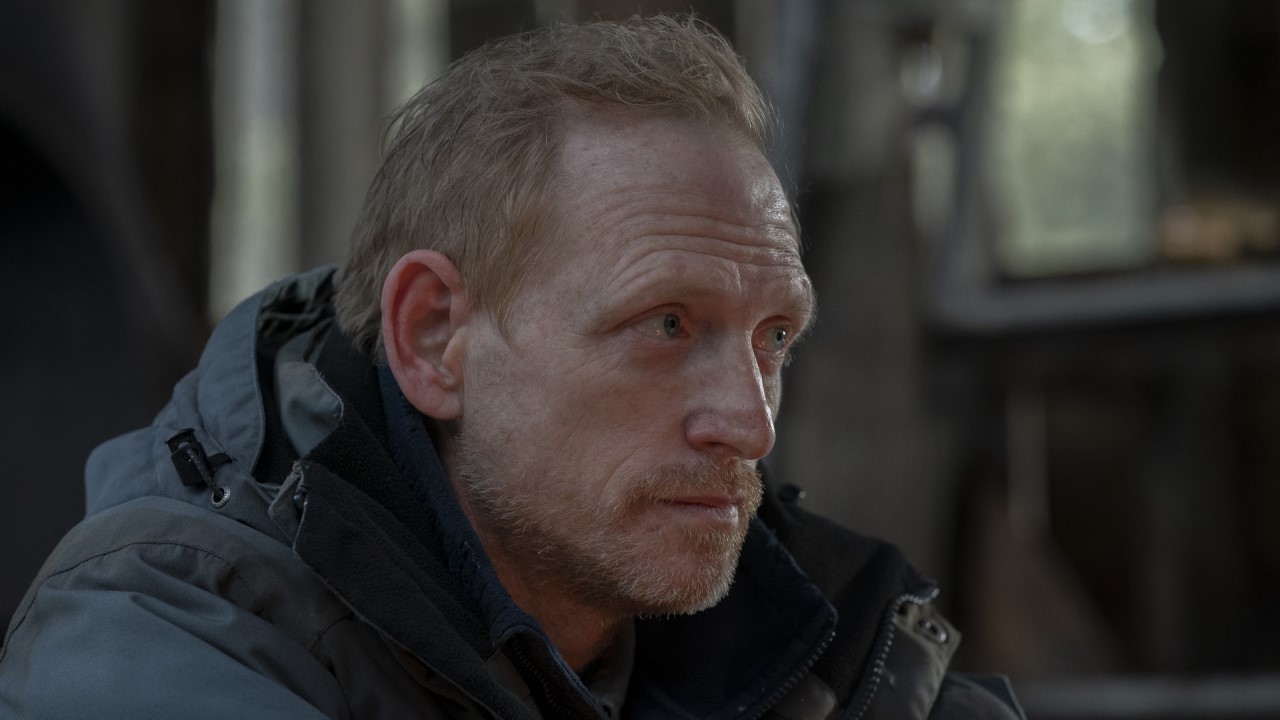
Scott Shepherd's David Is That Much More Of A Sympathetic Monster
I do mean BEFORE the “David’s probably a pedophile and is definitely turning people into cannibals without consent factoring into it” reveals. Just so we’re all clear.
Your Daily Blend of Entertainment News
Bringing to life a role famously played in the game by Uncharted’s lead voice actor Nolan North, El Camino and Bluff City Law’s Scott Shepherd made very tender meat out of a performance that could have been wildly chewy. It can’t be easy to go into a role knowing you have all of five minutes to convince viewers of a sense of groundedness and practicality that doesn’t make all of his choices later in the episode seem like pure desperation. David’s teacher/preacher vibes do border on tropey, as much as the real-world reflections are prevalent, but the performance makes it believable that he might only be the kind of leader who slaps kids after they understandably voice the urge to kill those who murdered her father. I mean, it’s not good for kids to talk about murder, right?
The game’s David comes off as an immediate scuzzo, though one who believably understood the short-term value of trading with the enemy, while Shepherd’s David maintained his more measured approach to trying to convince Ellie that his gross perversions are logic manifested. Right until the end, at least, when he was stabbed into mulch that presumably burned up not long after.
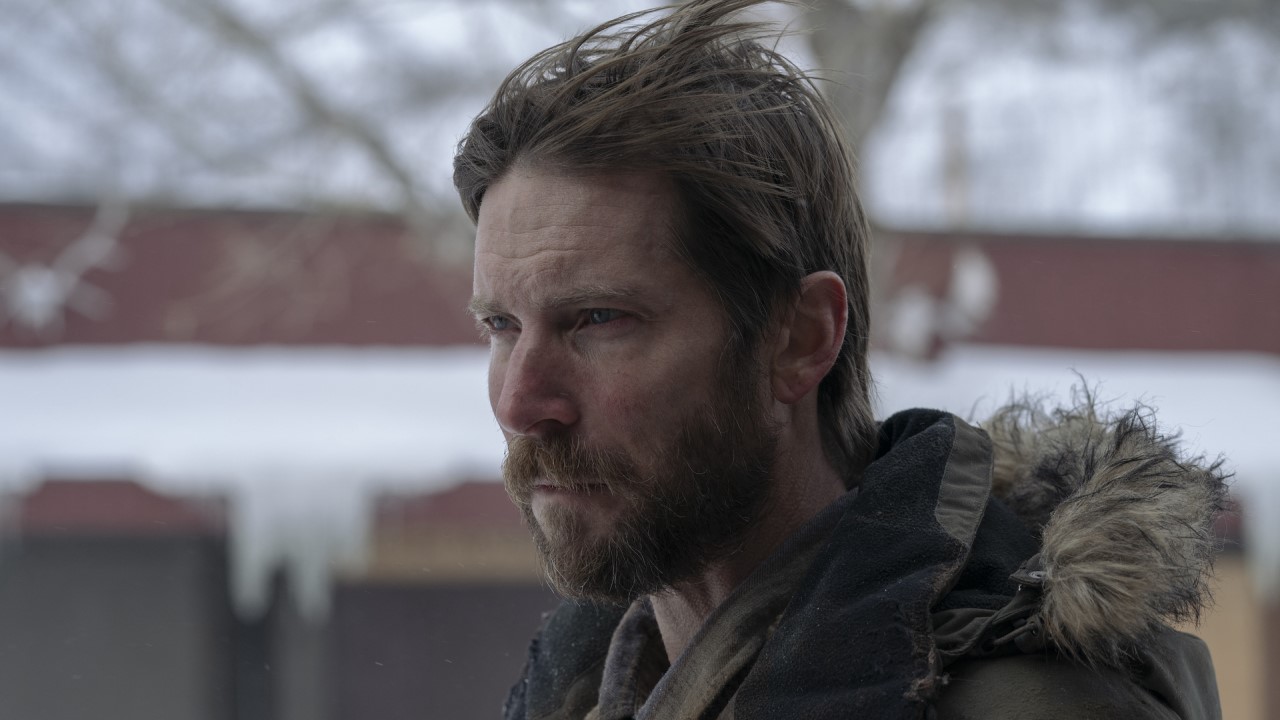
Having The TV Show's Ellie Kill The Video Game's Joel
To be fair, this particular plus-up couldn’t have been a thing whenever the game was first released, with the adaptation making it possible. The HBO series cast famed voice actor Troy Baker, who previously portrayed Joel both audibly and physically through the two games’ motion-capture, to play the role of David’s second banana James (voiced by Reuben Langdon in O.G. form). So it was rather wickedly surreal to watch Bella Ramsey’s Ellie plunging that hatchet into the neck of the dude who played the character’s dad. Wasn’t so sorry to see ol’ James turn into a spurting mess, though, since he wanted to kill Ellie from the jump. (Despite also having purely practical reasons to do so outside of malice or revenge.)
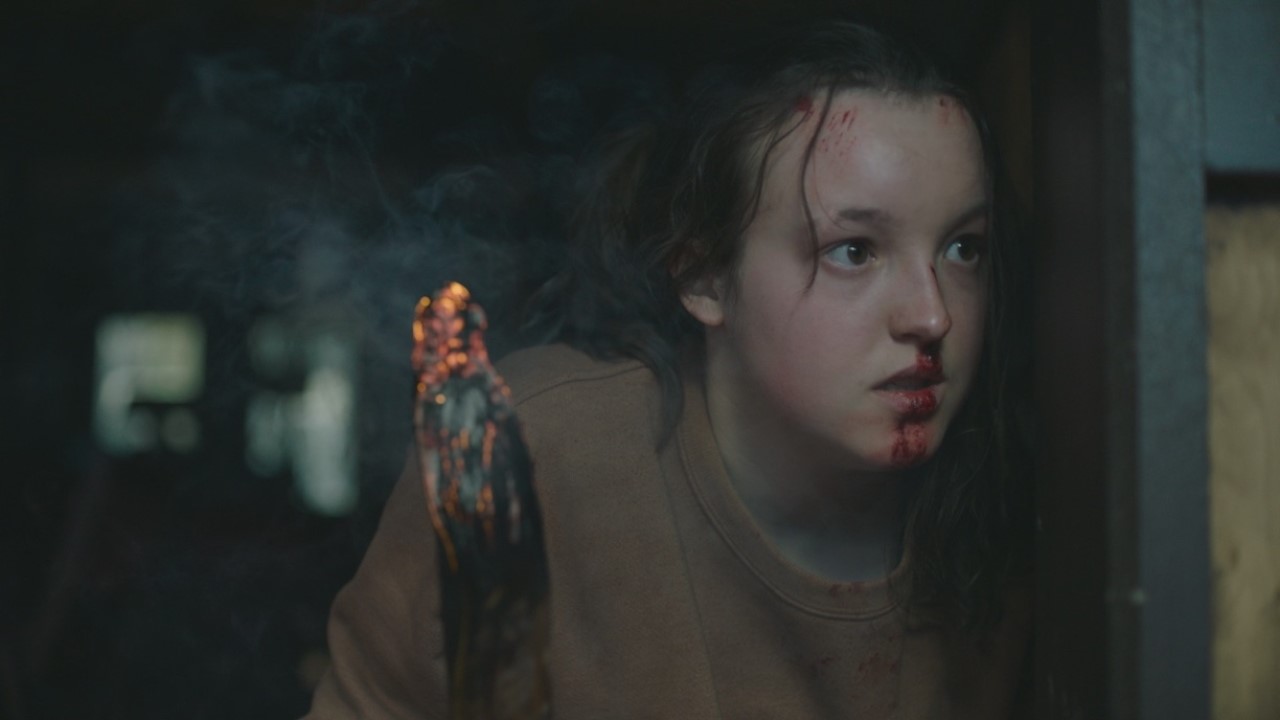
Not Having To Hear David Say "Ellie" 4,000 Times DuringThe Restaurant Sequence
Maybe it's just me and the way I handled this particular stealth-reliant scene in The Last of Us during my various playthroughs, most recently with the PS5 remake. But for all the unspeakably dark details that come to light during this "Winter" sequence of the game, the first thing my brain latches onto when thinking about it is David's jeering tone during the repeated soundbite of him saying Ellie's name. Specifically when it's stretched out. "Eehhhh-llieee." Maybe I fell asleep with the game on pause with that audio in the background.
Whatever the case, it was perfect that the TV show featured David calling out to Ellie in that way all of once before their confrontation got violent again.
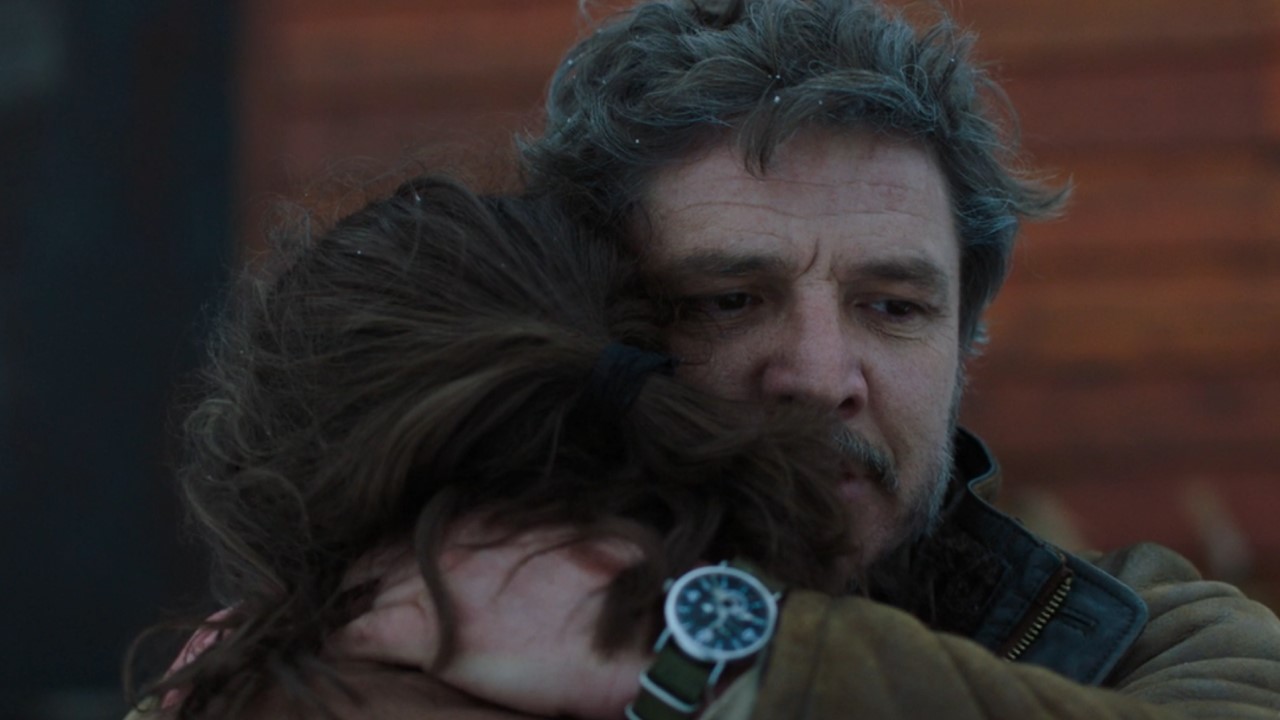
Joel Calling Ellie "Baby Girl"
All in all, not much was changed for Joel and Ellie's reunion at the end of the episode, save for it happening outside in the snow as opposed to inside a burning building. But I do believe the relative quiet of the outdoor setting is exactly what made Joel calling Ellie "Baby Girl" so goddamned effective during their hug. It worked in the game, too, but the TV show's expanded flashback for Joel and Sarah, on top of the raw emotion coming out of their previous arguments at Tommy's, made his emotional vulnerability all the more sob-worthy to witness in live-action. More so if one is able to forget that both of them had just previously ended others' lives in ferocious ways.
I'm not sure I'll be able to handle The Last of Us' finale, if only because it means waiting until David's God knows when for Season 2 to arrive. The goal is for filming to take place this year, for a release at some point in 2024, but we need to know how things wrap up before we can start speculating on what's coming next!

Nick is a Cajun Country native and an Assistant Managing Editor with a focus on TV and features. His humble origin story with CinemaBlend began all the way back in the pre-streaming era, circa 2009, as a freelancing DVD reviewer and TV recapper. Nick leapfrogged over to the small screen to cover more and more television news and interviews, eventually taking over the section for the current era and covering topics like Yellowstone, The Walking Dead and horror. Born in Louisiana and currently living in Texas — Who Dat Nation over America’s Team all day, all night — Nick spent several years in the hospitality industry, and also worked as a 911 operator. If you ever happened to hear his music or read his comics/short stories, you have his sympathy.
